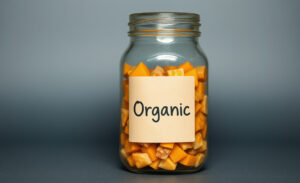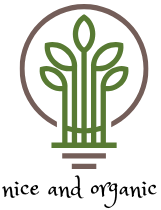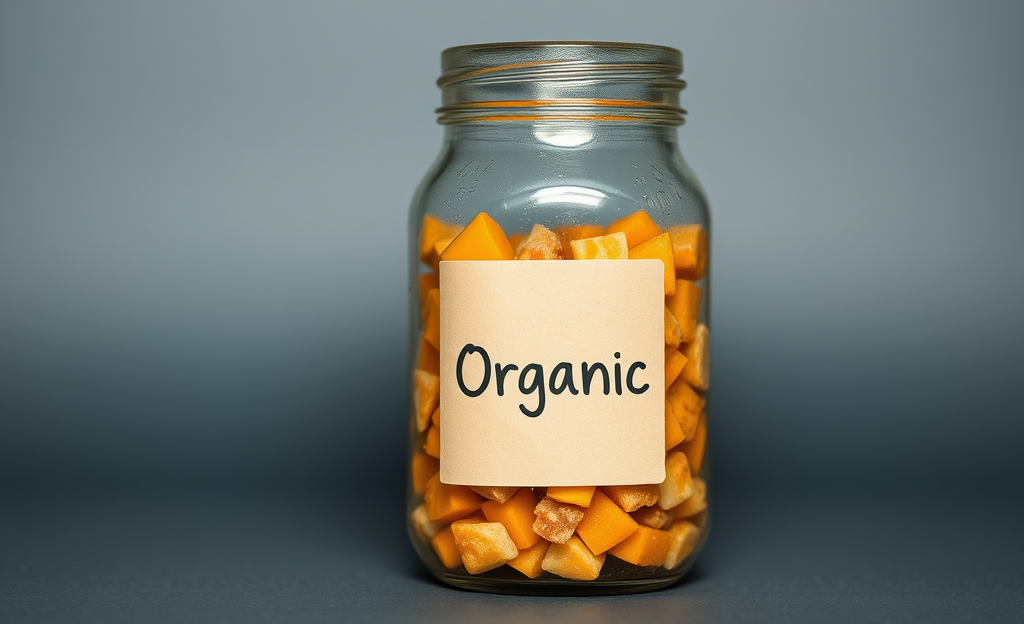
Organic labels can be pretty confusing with all the buzzwords flying around. But they carry important info that could make or break your decision at the grocery store aisle. If you’re wondering what’s up with all the different organic tags, you’re not alone. So, let’s break down what these labels mean and why they matter.
First off, knowing about organic certification can seriously change the way you shop. These labels don’t just appear out of thin air—they’re a sign that the producer followed specific guidelines to qualify for that organic status. This means your food’s got fewer synthetic chemicals, which is often linked to better health and less environmental damage. Big win for you and mother nature!
Now, when we’re talking about organic labels, you’ve probably seen the USDA Organic seal. It’s like the top-tier badge in the U.S., vouching that the product’s made without chemicals and with respect for the soil. Over in Europe? The EU Organic label is doing a similar job. Each zone’s got its own rules, but the goal’s the same—making sure we’re eating the good stuff without harming the planet.
Ever wonder why these certifications aren’t universal? It boils down to regions having different standards based on local agricultural practices and environmental priorities. This is why it’s super handy to know what labels are hanging around your neck of the woods. Understanding these can amp up your shopping game big time!
Reading Between the Lines: Decoding Organic Label Information
So, you’re faced with a shelf full of products, each sporting fancy labels promising the world. How do you make sense of it all? It’s all about knowing what to look for on those labels before tossing anything into your cart.
First up, watch out for the buzzwords like ‘natural’, ‘non-GMO’, and ‘free-range’. Turns out, these terms aren’t regulated like ‘organic’. They can sometimes mislead people into thinking they’re getting something cleaner or more eco-friendly than it actually is. Organic labeling, on the other hand, follows strict standards, so knowing what you’re actually buying helps big time.
When you’re eyeing a product, always check for the key stuff: ingredients, where it was made, and those certifying bodies. If a product’s got an organic certification from a legit organisation, you could feel more assured about its claims. The label should mention who gave the certification, which can be a sign that someone responsible had an eye on the whole production.
Marketing? Yes, it’s sneaky. Of course, companies want to make their stuff look extra appealing, but that doesn’t always mean better. Just because it’s dressed up in green and says it’s organic doesn’t mean it passed all tests. A quick peek at the back label can often reveal what’s really inside.
Getting familiar with common certifications and knowing what they stand for can save you from falling for the marketing traps. Being a label detective might be the secret weapon for better and more informed choices.
Buying Smart: Making Informed Choices with Organic Products
Navigating the world of organic products can feel a bit like being lost in a maze. But, by asking the right questions, you can make sure you’re getting what you’re paying for. It’s all about evaluating those organic claims with a critical eye.
Authenticity is key, especially with organic labels. Some products may flaunt the word ‘organic’ without holding any real certification. So, before you shell out extra cash, check that the label carries an accrediting body’s seal or mark. It’s these little logos that often separate the real from the imposters.
Wondering if your choices make an impact? Absolutely, yes. Opting for authentic organic products not only supports your personal health but also contributes to a sustainable lifestyle. The organic way often means fewer pesticides and better practices for our earth. It’s a small step towards big change.
Shopping online for organic goodies? It’s important to double-check product descriptions and reviews. While stores usually label products correctly, taking that extra moment to confirm details helps avoid any unpleasant surprises when opening the package.
In-store shopping calls for a similar level of caution. Spot out labels and seals on packaging, and don’t hesitate to ask store employees for additional info if something seems off. The clearer the label, the easier it is to verify if a product truly lives up to its organic promise.
Being informed means you’re wielding the power of choice wisely. Whether online or at your local market, these simple steps gear you up for better, conscious consumerism that supports sustainability and personal wellness.


Great breakdown on organic labels! It’s so true that with all the buzzwords out there, it can be tough to know what’s legit and what’s just marketing fluff.
I appreciate the reminder that ‘natural’ and ‘non-GMO’ aren’t as regulated as ‘organic,’ which is a crucial point for shoppers.
One thing I’ve wondered about is how to balance the cost of organic products with their benefits. Any thoughts on that? Thanks for shedding light on this important topic!
Thanks for your reply. I would consider seasonal buying when organic products are cheaper, or look for sales at farmers markets near closing time. The benefits of organic products, in particular produce are well documented and if you can pick these items up on sale then its a no brainer to prioritise your health in that way 🙂